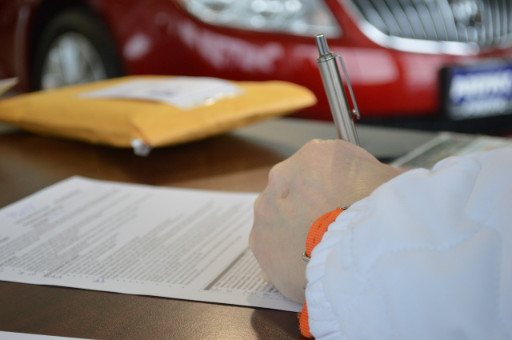 You may find yourself arrested and charged with a crime. Then you may be told that your bail is set at a certain amount, and if you express that you don’t have the money for your bail, you would be advised to go to a bail bondsman.
You may find yourself arrested and charged with a crime. Then you may be told that your bail is set at a certain amount, and if you express that you don’t have the money for your bail, you would be advised to go to a bail bondsman.
Many individuals never need a bail bondsman until they become part of a criminal action, and so they may not know about that much about what a bail bondsman does, other than what they see on television. Television programs do not always provide a helpful guide to the process.
The services of a bail bondsman are offered to defendants in criminal proceedings who are granted bail, but who cannot afford to pay their bail. For a significantly lower amount, which is usually set at a standard fee of 10 percent of the total amount of bail, the bail bondsman agrees to put up a surety bond on your behalf with the court.
A surety bond is one of the acceptable forms of payment that courts accept for bail. It is essentially an undertaking to pay the full amount of bail if the defendant defaults. A defendant is released from detention on bail on the condition that he or she will appear in court during his trial. If the defendant does not do so, and either leaves the area where the court exercises jurisdiction or simply does not show up to court, he breaks this condition. This is also sometimes referred to as “skipping bail.” When that happens, the surety bond that the bail bondsman has provided the court will be declared forfeit in favor of the court. Then the bail bondsman will go after the defendant for the amount of the surety bond that he has lost.
Because the bail bondsman takes on the financial risk of answering for your bail, many will require additional security in case you default and skip bail. They can require additional security in the form of collateral, such as various forms of valuable property, or a co-signor, which is another person pledging to be answerable in case you skip bail. The amount that you have paid, or the 10 percent of the total amount of bail, is considered a bail bondsman’s fee and is non-refundable. It is the consideration for which the bail bondsman agrees to act as surety for your bail.
If the defendant skips bail, then the court revokes bail and orders the re-arrest of the defendant. At this point, a defendant can be arrested by a law enforcement officer, or they can be apprehended by a bounty hunter whom the bail bondsman hires for this purpose.
A bail bondsman, therefore, is an essential part of the bail process, by assisting those who cannot afford to pay their bail, helping to secure their release from jail on the strength of the security they provide to the court. It is also obvious that a defendant who is released on bail has the obligation of complying with the conditions of their bail, which includes attending all the scheduled hearings for their case. The repercussions otherwise can be quite severe.
You or your loved one needs a bail ? Find out how we can help you today.